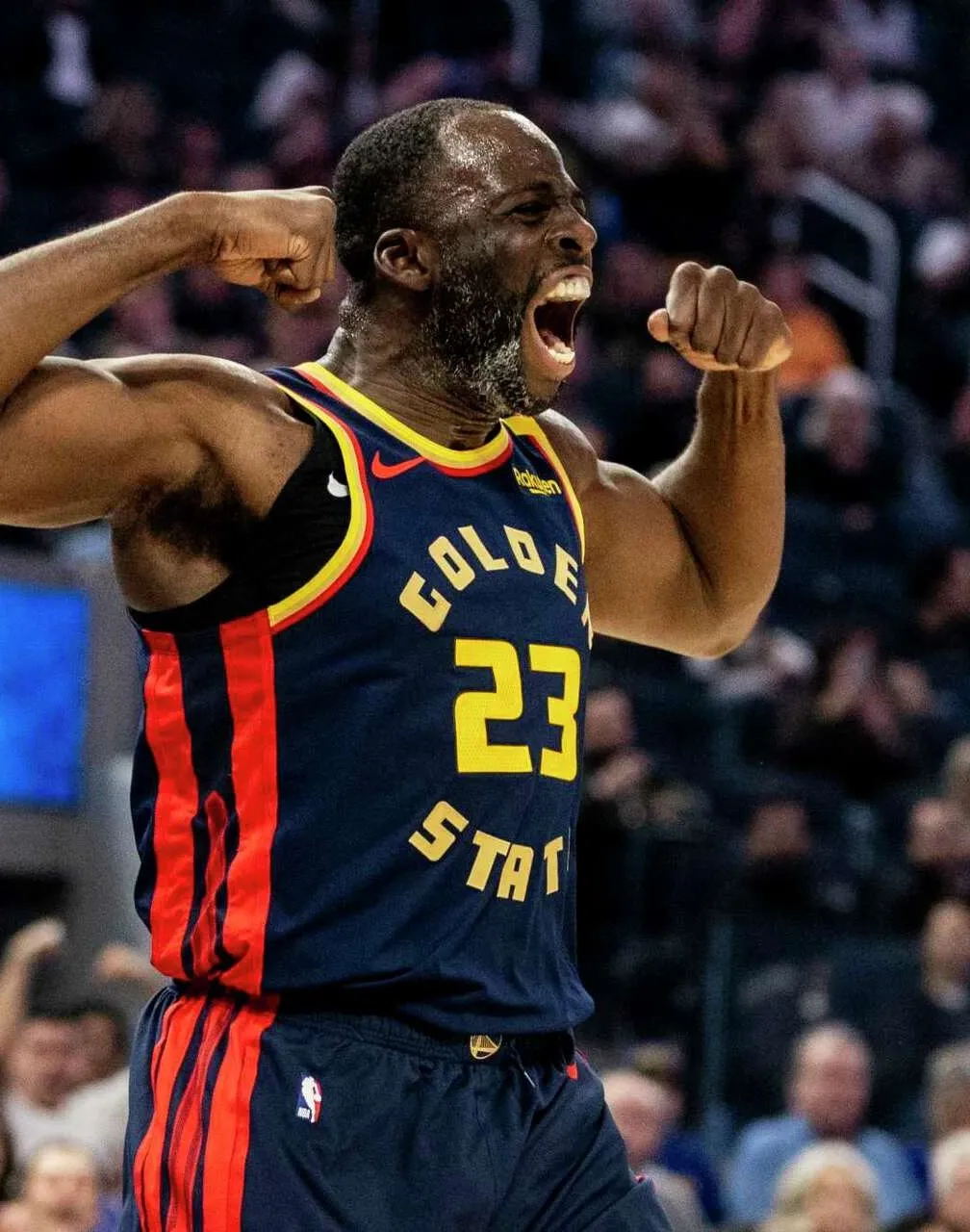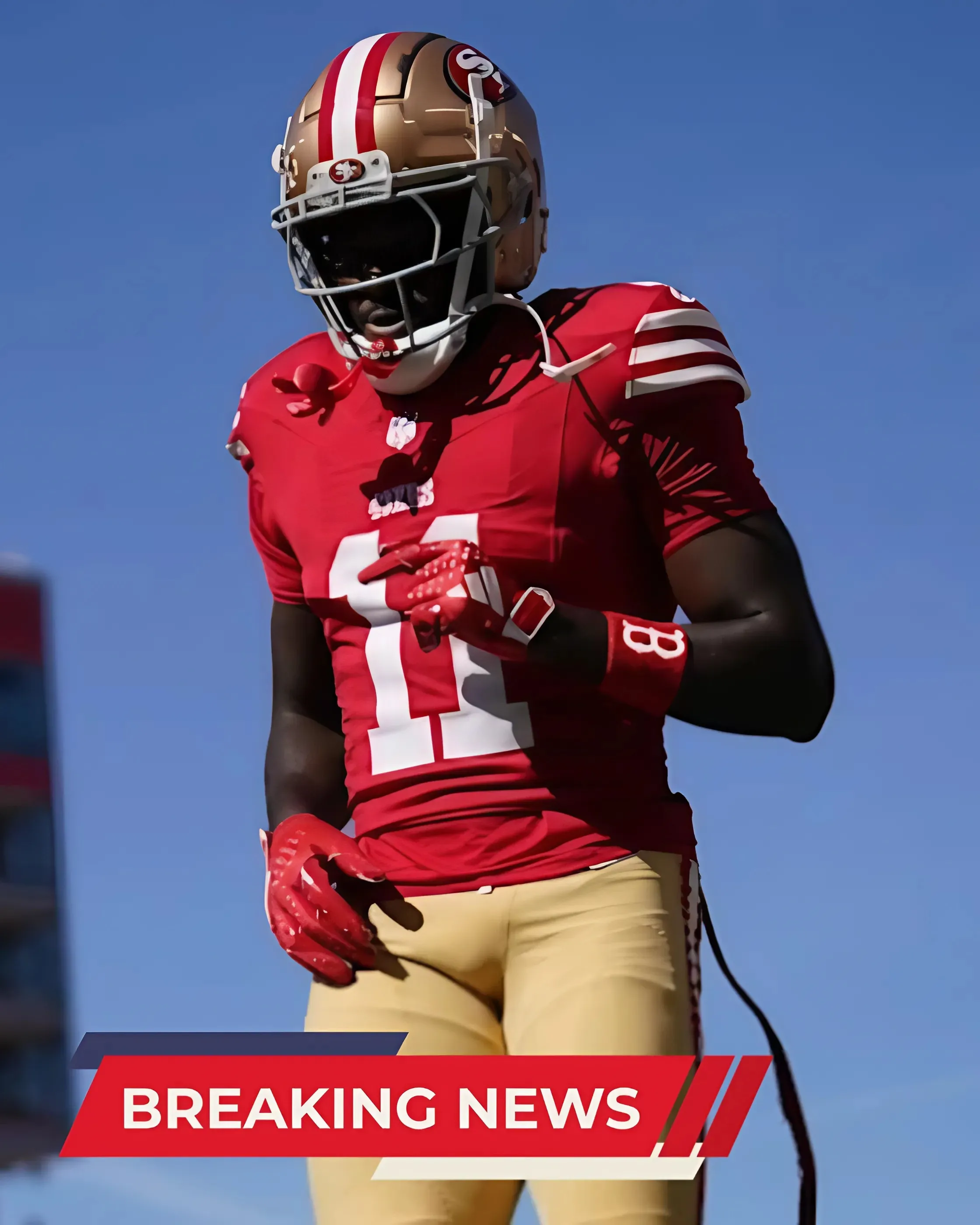Was this the Lakers wake-up call moment? The Los Angeles Lakers entered the 2025 NBA Playoffs with high expectations, boasting a revamped roster featuring LeBron James and Luka Dončić. Yet, their journey ended abruptly in the first round, falling to the Minnesota Timberwolves in five games-a result that has sparked questions about whether this Lakers team can keep up with the Western Conference’s fastest and most dynamic squads.
Lakers Wake-Up Call: A Painful Lesson in Pace and Physicality
Minnesota’s victory was built on the back of their ability to exploit the Lakers’ weaknesses in transition and interior defense. Despite the Lakers’ star power, the Timberwolves dictated the tempo, repeatedly pushing the pace and capitalizing on second-chance opportunities.
These visible flaws have already begun to influence the Lakers betting line, as analysts factor in their inability to protect the paint and compete physically inside.
Rudy Gobert, in particular, dominated the paint with a playoff career-high 27 points and 24 rebounds in the series-clinching Game 5, exposing the Lakers’ lack of size and rim protection.
The Lakers, forced into small-ball lineups after missing out on a true center at the trade deadline, simply could not match Minnesota’s physicality or speed on the boards.
Depth and Adaptability: The West’s New Currency
The Western Conference is loaded with teams that thrive in transition and play with relentless energy-think Oklahoma City, Sacramento, and Houston. These teams not only run at every opportunity but also boast deep benches that allow them to maintain a high tempo for 48 minutes.
The Lakers, meanwhile, leaned heavily on their stars throughout the series. By Game 5, fatigue was evident, and the supporting cast struggled to provide consistent production, a critical factor when facing deeper, faster opponents.
Moments of Promise, But Not Enough
There were flashes when the Lakers looked capable of matching Minnesota’s pace. A third-quarter surge in Game 5 even gave them a brief lead, but sustaining that energy proved impossible.
Whenever the Lakers threatened, the Timberwolves responded with decisive runs, often fueled by their athleticism and ability to get out in transition. The Lakers’ inability to keep up in these stretches ultimately proved the difference between the two teams.
Looking Ahead: What Must Change
For the Lakers to truly compete with the West’s fastest teams, they must address two glaring deficiencies:
- Interior Defense and Rebounding: Without a reliable center, the Lakers were outscored in the paint and out-rebounded throughout the series, giving up numerous second-chance points.
- Bench Production: Heavy reliance on James and Dončić left the team vulnerable to fatigue, especially against opponents with deeper rotations.
How the Lakers Must Evolve?
The Lakers’ first-round exit is a stark reminder that in today’s Western Conference, speed, depth, and adaptability are essential. While the Lakers have the star power to compete in stretches, their struggles against Minnesota revealed a roster not yet built to withstand the relentless pace of the West’s best.
Unless they address their defensive shortcomings and bolster their bench, the Lakers risk being left behind in a conference that only seems to be getting faster and more competitive.




